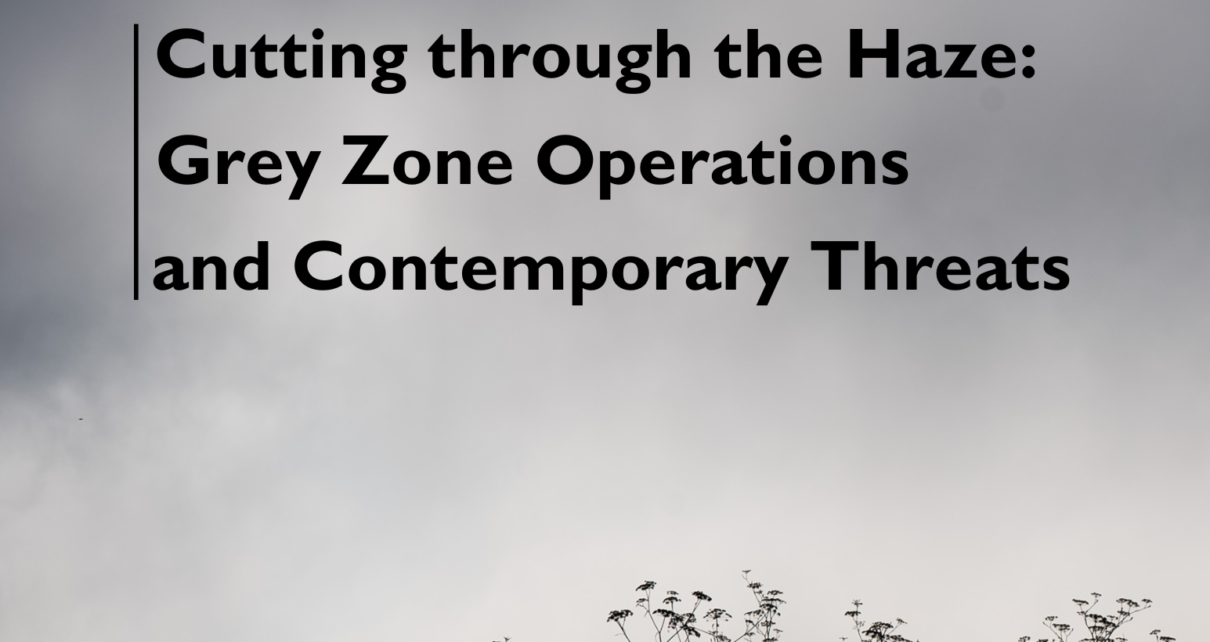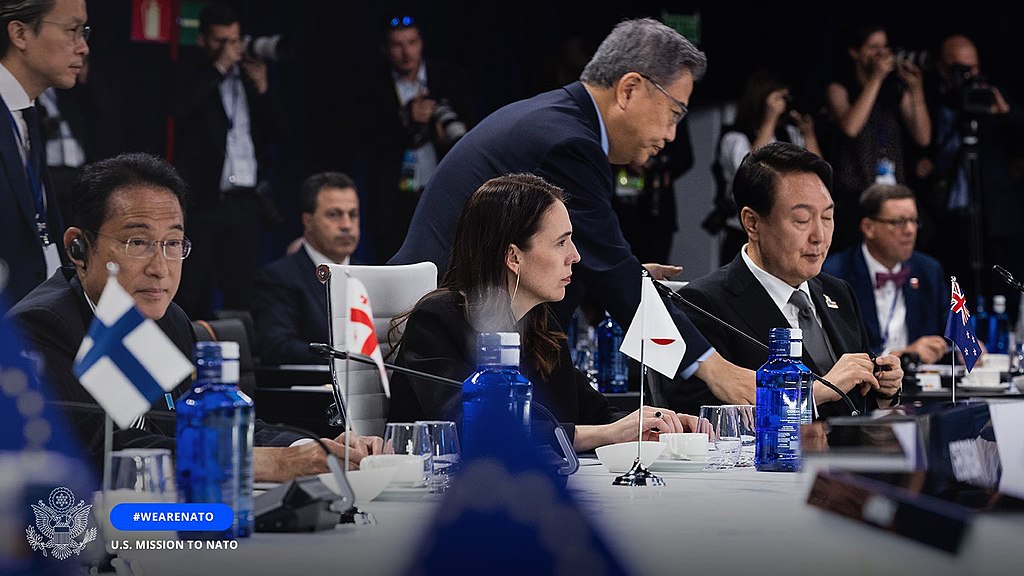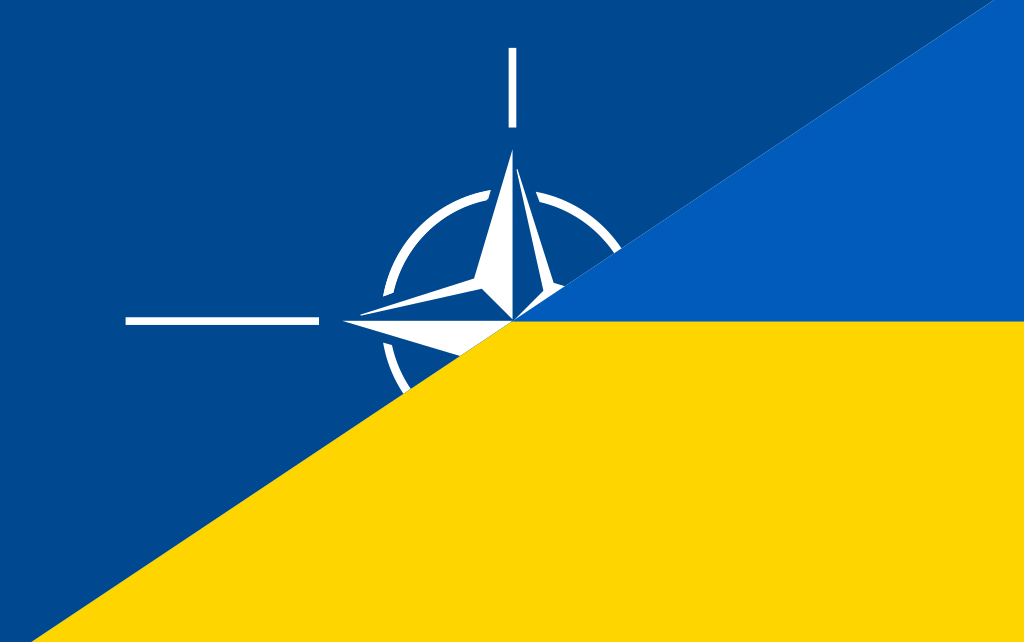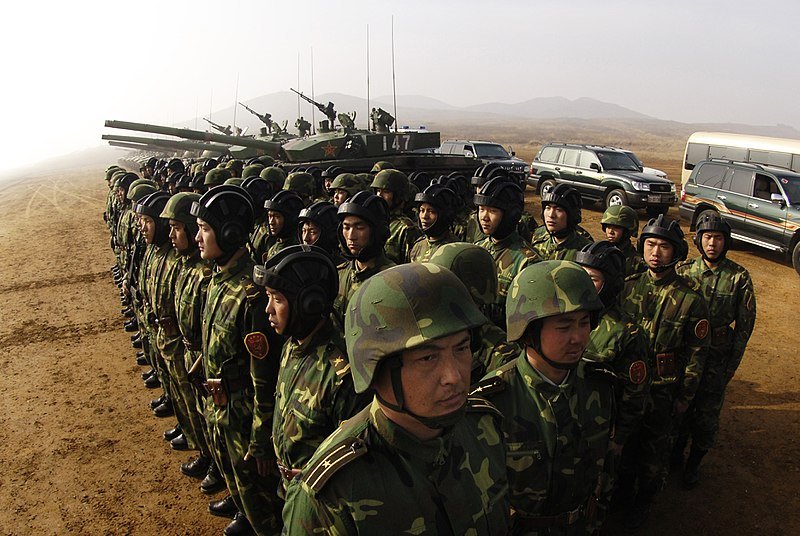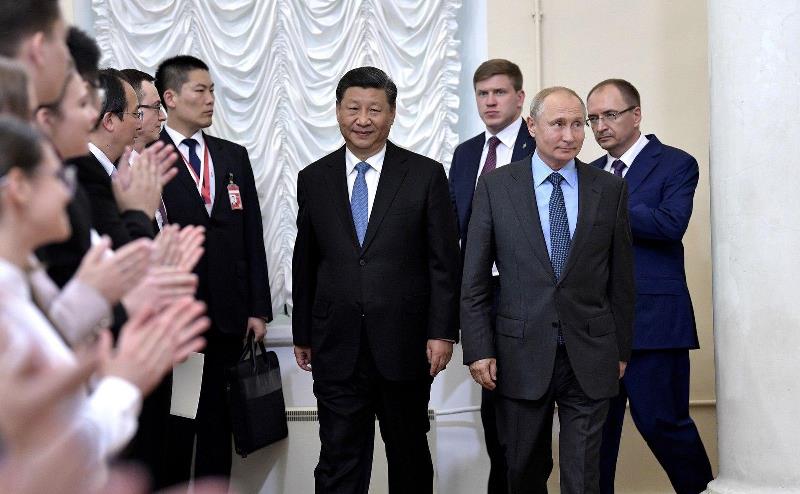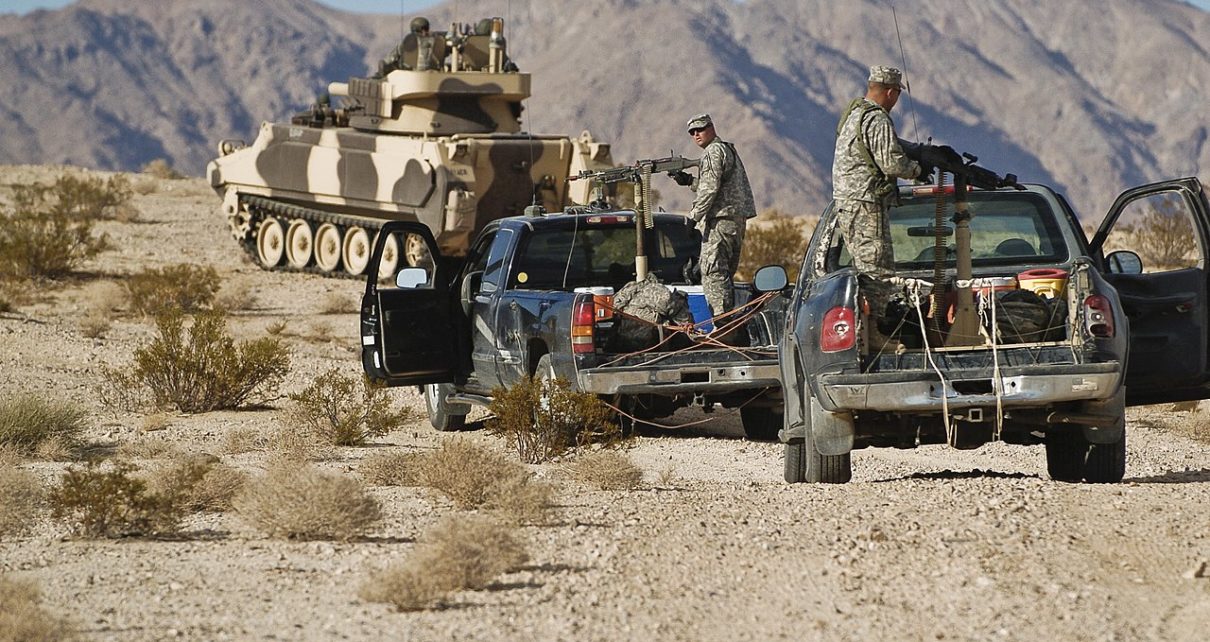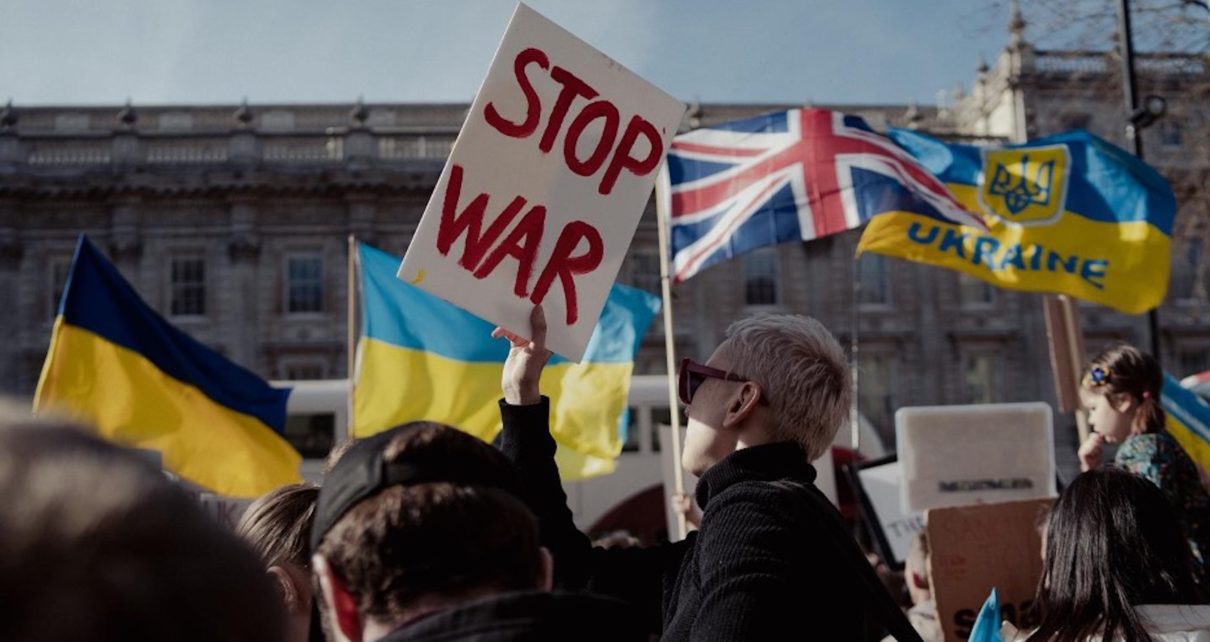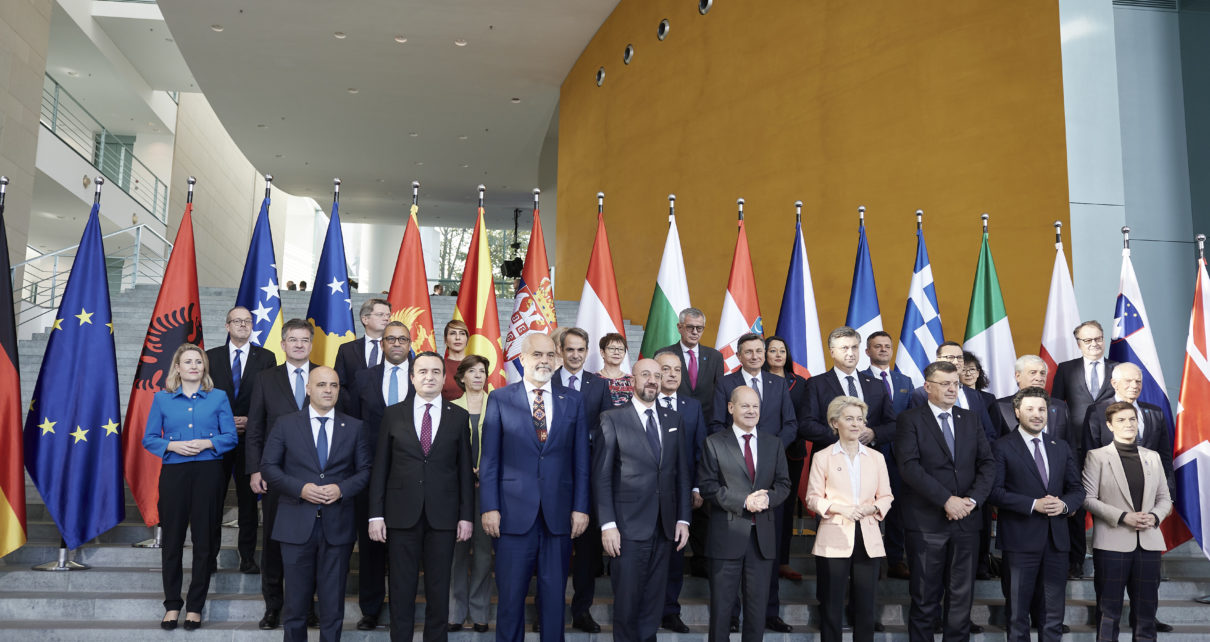The NATO Association of Canada is pleased to announce the publication of its summer 2023 publication, Cutting through the Haze: Grey Zone Operations and Contemporary Threats. Produced in collaboration with the Canadian Army Journal (CAJ), the volume explores grey zone operations and other dimensions of today’s threat landscape. The grey zone, which the volume describes Read More…
Articles
The Societal and Political Treatment of Women in Politics
If you were to ask any gender equality organization, coalition, collective or feminist action group, most would agree that there needs to be more female leaders. Further, there is a dire need to have more women in leadership as heads of state, Presidents, and in high-level political positions – in 2018, roughly only 23.8% of Read More…
Should Canada Keep Training African Soldiers?
Introduction NATO and the African Union (AU) have had a cooperative relationship since 2005. The collaboration began with logistical and airlift support for the African Union Mission in Sudan and has since grown to include training assistance, structural assistance, and liaison and coordination activities in other African countries. However, the humanitarian consequences of such operations, Read More…
Why Are Tensions Between NATO and Russia So High?
Introduction A protracted history of political, military, and security tensions characterize the complex and tense relationship between NATO and Russia. Right now, there is a deficit of trust between NATO and Russia, disagreements over security, regional issues and significant military build-up on both sides. From an economic and political viewpoint, Russia perceives NATO as a Read More…
The Geostrategy of China’s Belt-and-Road Initiative: Policy Options for NATO Member-States and Global Partners in the Indo-Pacific
Abstract: How should NATO member-states and global partners approach the geostrategic dimension of the BRI? In this article, Program Editor Mark Davis Madarang Pablo examines the expansion of military and paramilitary activities in developing countries linked with China’s emerging integrated network of mega-infrastructure projects across the Indo-Pacific. All Roads Lead to Beijing? The Geostrategy of Read More…
On China’s Peacemaking Role in Ukraine, Europe is Tragically Divided Along West and East Lines
Abstract: In this article, Research Analyst Andrew Erskine assesses how Chinese peacemaking attempts in Ukraine are dividing NATO members along West and East lines. In NATO’s 2022 Strategic Concept, the alliance remarked for the first time on how China posed a “systemic challenge to Euro-Atlantic interests, security, and values.” The document further illustrated how Beijing Read More…
Navigating Hybrid Warfare: Understanding the Threat and Taking Action
In this infographic, NATO Junior Research Fellow Alexander Lapsker explores the concept of Hybrid Warfare, its impacts, and measures to counter it.
Dual-Use Technology: The Risks and Rewards of Biotechnology in Global Affairs
In this infographic, Alexander Lapsker examines the risks and rewards of biotechnology.
Lessons Learned: Past NATO Missions and the Strategy in Ukraine
As the Russian invasion of Ukraine drags on into its second year now, debate still rages about how the conflict will end and the role that NATO can play in bringing about the conflict’s successful conclusion. At the moment, NATO troops are not in Ukraine directly contributing to the fighting; NATO member countries are supplying weapons Read More…
Hybrid Threats in the Western Balkans: Implications for NATO and Transnational Security
In this article, NATO Association Program Editor Megan Keli analyzes the use of hybrid warfare in the Western Balkans. Through disinformation campaigns, cyber attacks, local media partnerships, and the like, external actors threaten NATO enlargement in the region and transnational security.

